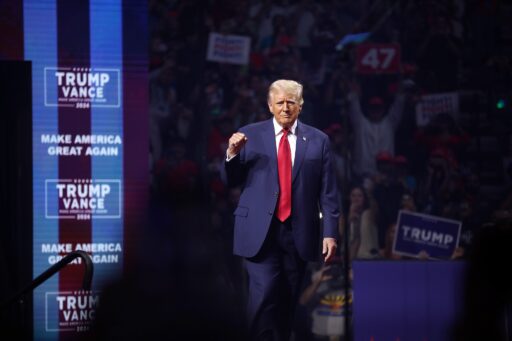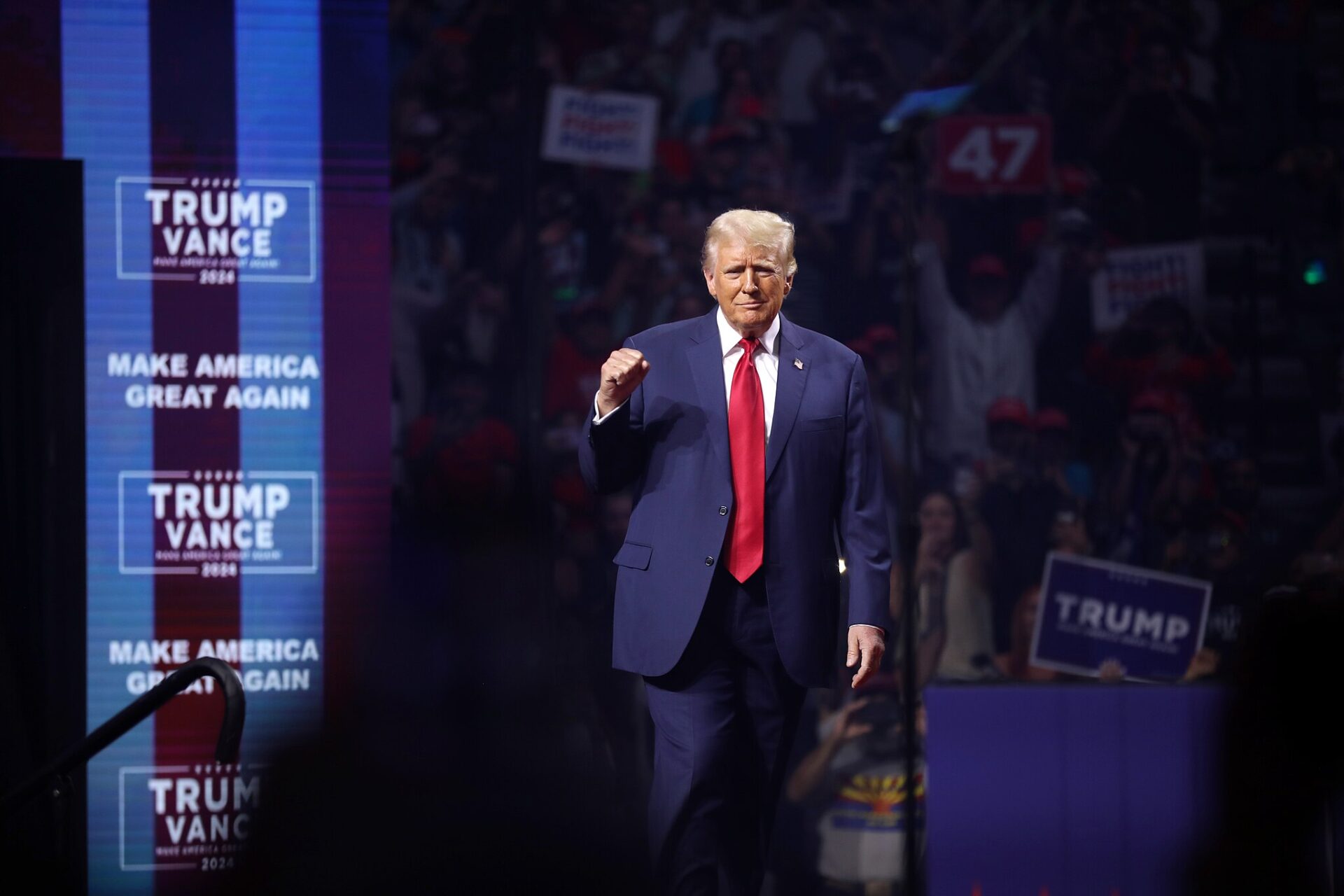Trump’s Greenland, Panama Plans Face New Issues
Republican lawmakers are finding themselves caught in a difficult position as they react to President-elect Trump’s recent proposals to take control of Greenland and the Panama Canal—ideas that seem to have resurfaced as part of his broader vision for U.S. global influence. While these ideas have raised eyebrows, particularly among GOP leadership, few are willing to publicly challenge the incoming president.
The notion of the U.S. taking over Greenland, a territory of Denmark, is widely viewed by many in the Republican Party as far-fetched. However, there is hesitation to directly confront Trump on these bold statements, as his unconventional approach to foreign policy continues to shake up traditional thinking. Even some of his most loyal supporters, like Sen. Rick Scott (R-Fla.), acknowledge that while Trump may be serious about the ambition, the practicality of it remains unclear. The idea that Denmark would ever relinquish control of Greenland is, to say the least, highly improbable.
Similarly, the notion of reclaiming the Panama Canal, a crucial global shipping route that the U.S. ceded to Panama in 1999, also raises doubts among Republicans. While there is acknowledgment of the canal’s strategic importance—especially in light of China’s growing influence in the region—many lawmakers believe that reasserting direct control is simply not on the table. Rep. Michael McCaul (R-Texas) summed up the sentiment with a chuckle, noting that “China has a presence on both ends of the Panama Canal,” but the legal and diplomatic obstacles to the U.S. regaining control are formidable, if not insurmountable.
Nevertheless, some Republicans see Trump’s comments as more than just casual musings. They view them as potential negotiating tactics, aimed at strengthening U.S. leverage on the world stage. Sen. John Cornyn (R-Texas) hinted that Trump’s territorial ambitions could be part of a broader strategy, even if it is not a position anyone in Washington is taking seriously. Cornyn, while offering polite deference to Trump’s ideas, seemed doubtful that such discussions would materialize into serious policy proposals any time soon.
But not everyone in the GOP is dismissing Trump’s proposals. Sen. Rick Scott, a close ally of the president-elect, expressed his belief that Trump is genuine about his territorial goals, especially regarding Greenland and the canal. He suggested that Trump’s comments are meant to bring attention to the growing geopolitical competition, especially with China seeking to expand its presence in the Western Hemisphere.
What has caused even more discomfort among Republicans is the international fallout. The Danish government has already announced an increase in defense spending for Greenland in response to Trump’s comments. In Panama, Trump’s suggestions have been met with skepticism and resistance. Both countries, along with other global leaders, have made it clear that they are not interested in entertaining the idea of ceding their territories. Greenland’s Prime Minister, Múte Egede, declared unequivocally, “Greenland is ours. We are not for sale and will never be for sale.”
For many Republicans, these incidents are a reminder of Trump’s unorthodox style and his tendency to make waves with bold, sometimes controversial, proposals. Some see these ideas as Trump’s way of keeping the U.S. focused on strategic global interests, while others believe they could be part of a broader negotiation strategy. Either way, it’s clear that Trump’s foreign policy rhetoric is already creating ripples on Capitol Hill, and it will be interesting to see how these ideas evolve as his administration takes shape.
As we enter the new year, it’s likely that Trump will continue to push unconventional foreign policy ideas—some of which may test the limits of what is possible. For Republicans, it’s a balancing act: supporting their president while staying grounded in reality. Whether these grand ideas become a cornerstone of U.S. policy or fade away as rhetorical flare-ups remains to be seen. What is certain is that the incoming administration will continue to challenge the status quo in ways that will keep both allies and adversaries on their toes.







